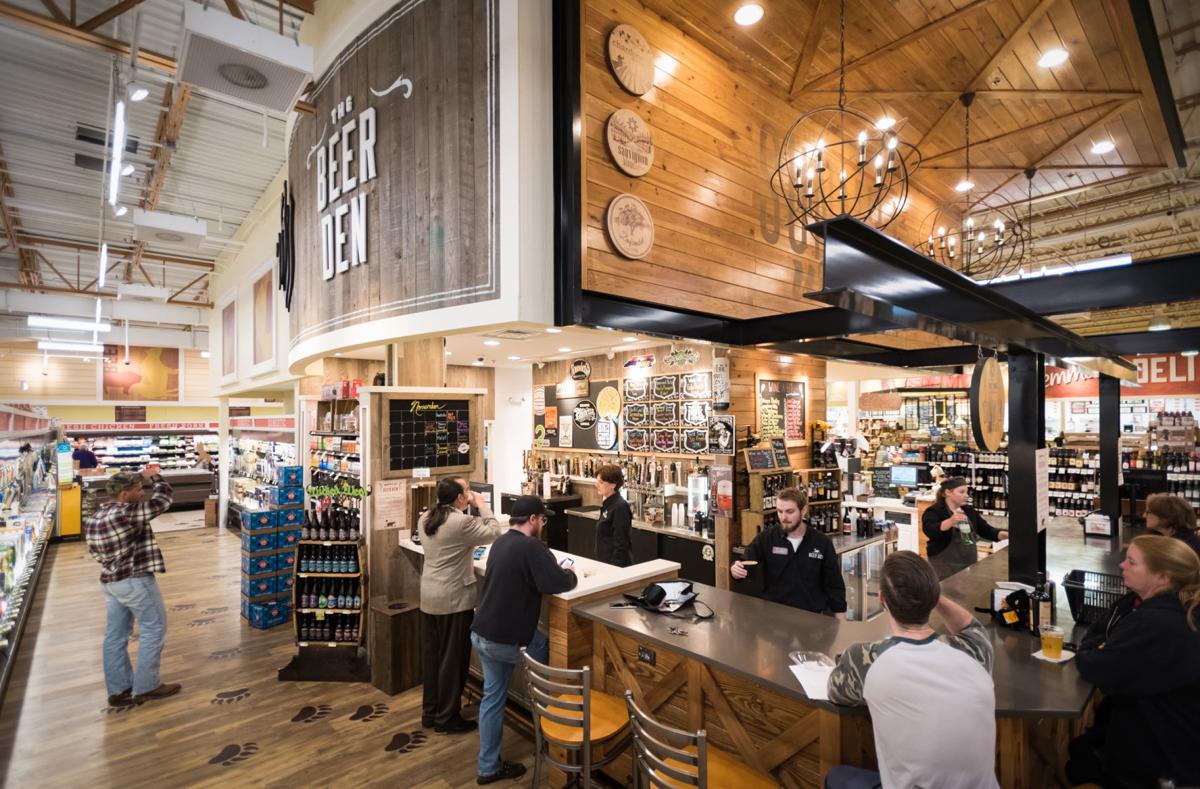Shopper marketing has evolved significantly since its inception. An argument can be made that in an era where consumers are inundated with greater choices and information, the role of shopper marketing agencies is more critical than ever. At Theory House we are continually evolving to stay ahead of the curve, leveraging cutting-edge technology, data analytics, and creative strategies to create engaging shopping experiences. Below are just a few of the most exciting innovations happening in the shopper marketing space.
1. Personalization and AI
One of the key innovations in shopper marketing is the use of artificial intelligence (AI) to deliver personalized shopping experiences. Shopper marketing agencies are now using AI algorithms to analyze vast amounts of data to understand individual consumer behavior and preferences. This data-driven approach enables the ability to create personalized marketing campaigns and offers, tailoring content and promotions to the unique needs and desires of each shopper.
For instance, when a customer visits an e-commerce website, AI algorithms can analyze their browsing history, purchase history, and other relevant data to provide product recommendations, special discounts, and content that aligns with their preferences. This level of personalization not only enhances the shopping experience but also increases the chances of conversion and customer loyalty.
2. Augmented Reality (AR) and Virtual Reality (VR)
As a shopper marketing agency we look for opportunities to take advantage of AR and VR technologies to create immersive and interactive shopping experiences. AR and VR enable shoppers to visualize products in their real-world environments, test products virtually, and even experience products in ways previously unimaginable.
We see this most in the home furnishings space where a brand can use AR to allow customers to see how a new couch or table would fit and look in their living room, while a cosmetics company could enable customers to virtually try on makeup before making a purchase. These technologies not only drive engagement but also reduce the uncertainty associated with online shopping, leading to increased conversions.
3. Social Commerce and Influencer Marketing
The rise of social commerce and influencer marketing has opened up new avenues for shopper marketing agencies to connect with consumers. Agencies are now collaborating with influencers and leveraging social media platforms to reach their target audience where they spend a significant amount of their time.
Influencers can provide authentic product recommendations, reviews, and endorsements, which carry significant weight with their followers. Shopper marketing agencies are not just using influencers to promote products but also to co-create content and engage with consumers in a more meaningful way.
4. Data Analytics and Predictive Insights
New technologies allows agencies to use advanced analytics tools to gain deep insights into consumer behavior and market trends. With the help of big data analytics and predictive modeling, agencies can anticipate consumer needs, identify emerging trends, and adapt their marketing strategies accordingly.
By analyzing data from various touchpoints, including online and offline interactions, we can better understand the customer journey and optimize marketing efforts. This data-driven approach helps in making informed decisions, optimizing marketing budgets, and ensuring that every campaign is as effective as possible.
5. Sustainability and Ethical Marketing
In today’s world, consumers are becoming more conscious of the environmental and social impact of their purchases. Theory House is responding by promoting sustainability and ethical marketing. We are collaborating with brands like Bota Box to highlight their sustainable practices, ethical sourcing, and contributions to social causes.
By showcasing a brand’s commitment to sustainability and ethical business practices, we help create a positive image and resonate with consumers who are increasingly seeking products and brands that align with their values.
As these innovations continue to shape the future of shopper marketing, consumers can look forward to more immersive, data-driven, and socially responsible shopping journeys.
/p>




